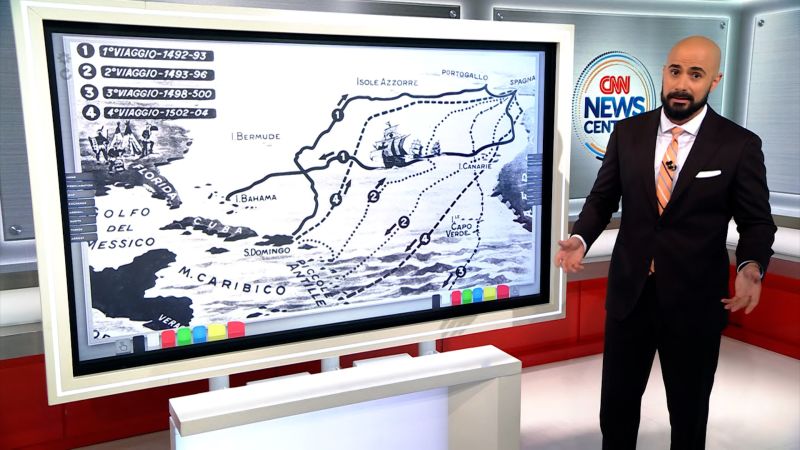Columbus Day Controversy: Trump Claims Credit for Preserving Tradition That Never Disappeared

Trump's Columbus Day Claim Sparks Confusion and Historical Debate
In a recent social media post on Truth Social, former President Donald Trump declared he was "reinstating" Columbus Day, a statement that quickly raised eyebrows among historians and political commentators. The curious claim immediately prompted questions, given that Columbus Day remains an official federal holiday in the United States.
CNN's Boris Sanchez delved into the complex and controversial history behind the holiday, highlighting the ongoing national conversation about Christopher Columbus's legacy. While Trump's announcement suggested a restoration, the holiday has continuously been observed, though its significance and interpretation have evolved significantly in recent years.
Many states and cities have increasingly chosen to recognize Indigenous Peoples' Day alongside or instead of Columbus Day, reflecting a growing awareness of the devastating impact of European colonization on Native American populations. This shift represents a nuanced approach to commemorating historical narratives that acknowledges multiple perspectives.
The holiday's contentious background stems from Columbus's complicated historical role, with growing recognition of the violence and oppression that accompanied European exploration and colonization of the Americas.
Trump's post appears to be another example of political rhetoric that seems to create controversy where none fundamentally exists, drawing attention to a holiday that continues to be observed nationwide.
